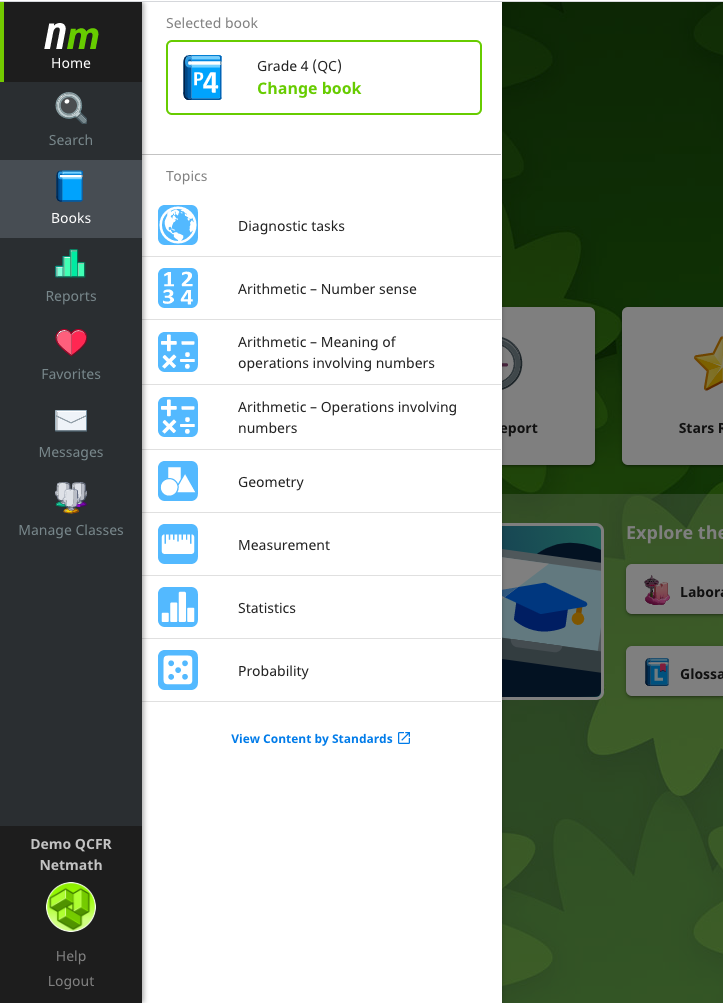The main learning resources that are used in schools generally do not cover all the needs of students. After all, there is no “one size fits all” when it comes to teaching and learning. Teachers use supplemental material to fill in those gaps.
These could be workbooks, websites and learning games, just to mention a few. Many parents also seek out material to help their children, especially when it comes to math. Both teachers and parents can ask some of the same questions when looking for supplemental math resources.
1) Does the learning resource provide the coverage that I need?
It may be that you need more material related to a topic or just more practice for certain skills, or maybe there are topics that are completely missing from the main resource. After all, no resource will cover everything you need.
Make sure the content of the product aligns with the topics and the needs of the children or students. An easy way to do this is to look for a learning resource that has content organized by standards and grade level.
Netmath offers thousands of activities aligned with each province’s math curriculum.You can easily search for a specific activity by math curriculum or even grade level.
2) What learning needs am I trying to address?
You may want to consider whether you simply want students to further explore a topic in order to extend their understanding, or whether you are trying to help struggling students who need additional support.
Learners who quickly master the skills being taught need rich math experiences to deepen their learning. Those who struggle need strong support and guidance to overcome the challenges.
Did you know that Netmath provides students with access to the books from all grades? This way, a student can work on lessons from higher or lower grade levels.
3) How do my children or students learn best?
Children have different learning styles. Some learn better when things are presented visually, some learn by listening, or even by touching. One thing we know is that all children learn by playing.
So when considering a supplemental resource, it would be great to have one that incorporates play and can be used for different learning styles. Did you know that Netmath offers students a playful approach, thanks to its system of missions, stars and badges?
A resource built for technology is ideal for play and accommodates different learning styles, which leads to the next question…
4) Does this learning resource work with the technology I already have?
Teachers must consider whether a resource will work with the technology already provided by their school district. Parents must also consider whether a resource will work with the technology they currently have in their home.
This digital resource must be user friendly and provide tools and objects that students can use to solve math problems. These may include manipulatives like base ten blocks, fraction bars, and tangrams.
Did you know that Netmath offers many different virtual manipulatives to help students better understand math concepts and solve problems?
5) What feedback is there from other users?
User feedback allows you to see what other users like and dislike about the product and content. A great resource not only gets positive feedback, but also uses feedback to make constant improvements.
“It’s a tool that students really like, it makes me a better teacher! When motivation is there, it’s easier and more enjoyable. I see math as a game with rules that you have to learn, to be more skillful you just have to practice the rules. Netmath supports my way of presenting math, I like its playful context. In real problem-solving situations, I make connections with games or characters when possible.”
– Lucie Beauvais, 3rd grade teacher.
Here is a checklist you can use when searching for a supplemental resource.
□ Aligns with the math standards and/or content needed
□ Reviews prior skills that students need to complete the new skill
□ Models concepts and how to solve problems
□ Engages students with familiar real-world problems
□ Contains guided practice and support
□ Contains sufficient practice problems
□ Uses correct math vocabulary
□ Contains objects and representations, including manipulatives (like base ten blocks)
□ Builds from easier skills to more difficult skills
□ Contains effective questioning
□ Provides immediate feedback
□ Is fun for students to do
Netmath is a learning resource that checks off all of the above boxes, and helps both struggling students and those that need enriching math experiences. Try Netmath for free, here!
Do you feel like reading some more great articles? Check out our latest articles, and don’t hesitate to share them with your friends and colleagues so that they can enjoy them too. Happy reading!
» Turn Math into a Cool Math Game





